05 Jun
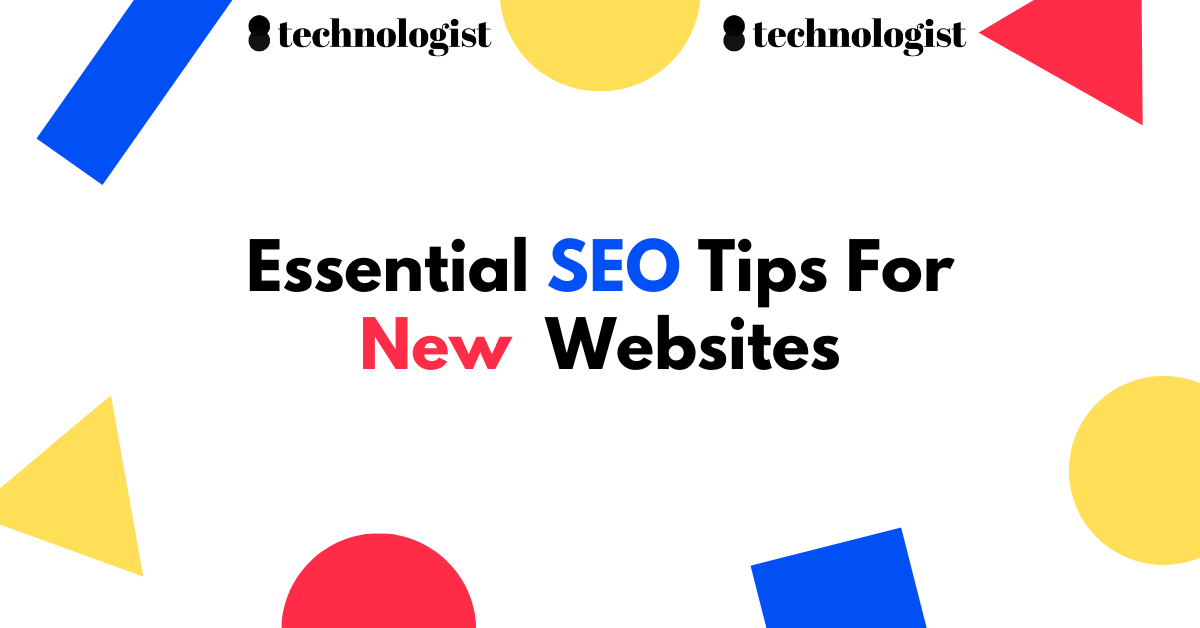
Getting a new website off the ground can be difficult. Competition is fierce on the world wide web – you’ll be up against some well-established heavy hitters no matter which niche you’ve chosen. If you want to have a chance against them, attracting more traffic will be the key. These days, most of your organic traffic will probably come from Google. So you’ll want to improve your Google ranking through SEO. But how does a complete newcomer harness the power of search engine optimization? Well, these essential SEO tips for new websites will give you a kick start.

Getting a new website off the ground can be difficult. Competition is fierce on the world wide web – you’ll be up against some well-established heavy hitters no matter which niche you’ve chosen. If you want to have a chance against them, attracting more traffic will be the key. These days, most of your organic traffic will probably come from Google. So you’ll want to improve your Google ranking through SEO. But how does a complete newcomer harness the power of search engine optimization? Well, these essential SEO tips for new websites will give you a kick start.
First things first: understand how SEO works (and doesn’t work)
SEO is not some magic button that you can press to immediately attract thousands of people to your website. Optimization can and will help a new website like yours, but it won’t do so overnight. Even with the best strategy in the world, it will take time to see actual results. You need to be prepared for that. So if you don’t see much improvement immediately, don’t give up. Starting a successful website, like starting a successful business, is a marathon and not a sprint.

SEO tips for new websites that will help you grow
If you want to increase traffic to your blog or website, SEO is definitely the way to go. It will increase your exposure and put you on the map, leveling the playing field even when you’re up against big brands. But you need to know how to harness that power. And when you’re just starting out, your focus might be a bit different from what established websites are doing.
Start by choosing the right domain name
Did you know that there are almost 2 billion websites on the internet right now? And since everyone needs a website today, that number keeps growing. Somehow, you need to find a way to stand out from the crowd. That starts with a unique, memorable, and representative domain name. If you can, you should match the domain name to your brand name. If not, aim for something similar. Keep it short, to the point, and correctly spelled. This will make it easier for people to find you on Google.
Develop a good site structure
To be able to serve up your website in search results, search engine bots must first index your pages. They do this by crawling your website, interpreting your content, and identifying the connections between pages. It is in your best interest to make crawling as easy as possible for search engine bots. A logical and flat structure will help with this while also making your website easier to navigate for your users.

Target low competition keywords to begin with
As a small new website, you don’t have the authority that established brands do. Going directly after them in the competition for traffic would be a suicide mission. If you want to attract an audience quickly, you should go for more specific but less used keywords first. It’ll be much easier to rank for something like “Chinese-Indian fusion restaurant in Park Slope” than for “New York restaurant”. Once you’ve formed a userbase and gained some authority, you can go for the more competitive keywords more easily.
Plan and create quality content
There are many ways to harness the power of search engines for your website. But content marketing is and has always been one of the most important aspects of SEO, and that isn’t about to change. So before you even launch your website, prepare some quality content you can publish. Then, continue to create optimized content and publish it regularly to keep your website updated. Solid and frequent content is how you’ll grow your website.
Speed up your website and optimize for mobile
Users expect websites to load fast – in less than three seconds, to be precise. If you want them to have a good experience with you and come back, you’ll meet this demand and increase your page speed. You can do this with the help of caching, lazy loading, minimalist themes, and optimized media. Just make sure that it all looks good on mobile too. More than half of your users will be on mobile devices, and Google employs mobile-first ranking, so optimizing for mobile is crucial.

Work on your links
Links, both internal and external, are vital for SEO. Internal linking strengthens your website structure, creates connections between your content, and distributes link juice among your pages. External linking or backlinking adds authority to your website, directs traffic to your page, and increases your visibility online. You want to start working on both as soon as possible. Identify key content on your own website to link to and start reaching out to other websites that might host your backlinks. Creating a good link-building strategy early on will be the key to your success.
Always look for the latest SEO tips for new websites and stay up to date on best practices
It’s important to remember that SEO is a process. For long-term success, you’ll need to keep practicing it. But much like everything in digital marketing, with all the updates and innovations, the SEO world is constantly changing. Google’s algorithms are refined, websites gain and lose credibility, keywords become more and less popular. And you can’t let yourself fall behind. So even when you find success, don’t rest on your laurels – keep learning and improving. There are always things you can learn and ways you can improve. Keep up with the latest news in the industry and follow your competition. That way, you’ll learn about any changes, and you can adjust your strategies accordingly.
One of the most important SEO tips for new websites is to focus on user experience
The name “search engine optimization” leads many to think that SEO practices are all about manipulating search engine algorithms. But ultimately, SEO is all about the user. Google wants to give its users what they’re looking for. It searches for websites that offer relevant content users enjoy. So that is what you want to provide – a website that prioritizes user experience. Not only will this mindset help you rank higher, but it will also help you retain users because happy customers will keep coming back.
Author bio
Catherine Jones is a Vermont-based entrepreneur. She started her first business before the age of 25 and now owns three small businesses in the state. Having seen how big of a difference SEO can make, she now shares her experiences and knowledge of it with others; she believes this can help other young people like herself succeed in the cut-throat world of modern business.

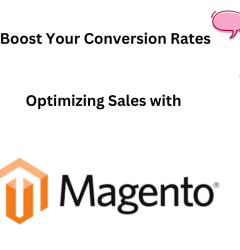

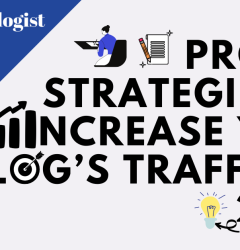
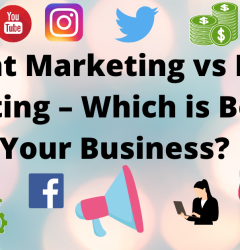

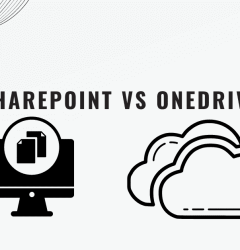













Find Us On